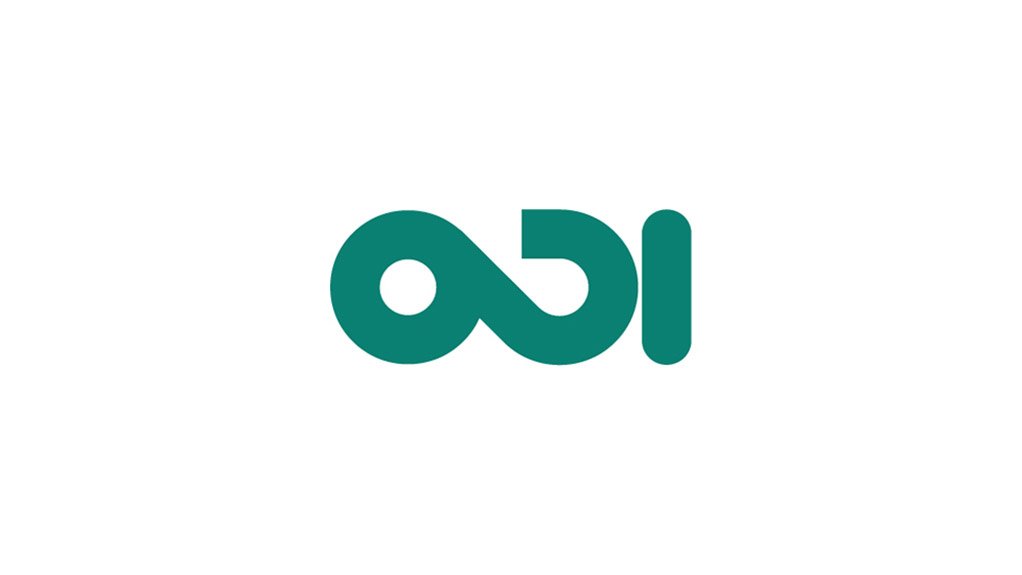- Justice aid update and lessons from latest evaluations of donor programming1.00 MB
Despite the growing global movement on people-centred justice approaches, latest aid figures confirm that justice is a low priority for donors, accounting for just 1.4% of their aid. This is in marked contrast to the priority they attach to justice in their own countries, which accounts for 4% of their budgets.
Donor justice programmes continue to be largely focused on top-down institutional reform and capacity development of core justice institutions largely delivered by consulting firms or international non-governmental organisation (NGOs).
Programmes have succeeded in their own terms, but examples of significant, positive sustained impacts are rare. Donor programming with improved access to justice as its aim has failed to deliver scaled-up people-centred justice services. At the same time, justice programming aimed at improving compliance with rule of law and human rights norms and values has had limited impact.
This paper makes the case for donors to change both what they fund and how they fund justice.
There is now growing evidence of the cost-effectiveness of approaches focused on scaled-up local service delivery that start with and address people’s justice needs. Immediate benefits can be achieved, even without improvements in the wider normative rule-of-law context.
As in education and health, a shift towards a service delivery approach is likely to require a move away from contracting out the delivery of justice aid to consulting firms or international NGOs towards direct funding of service provision, including through results-based pooled funding mechanisms.
Paper by the Overseas Development Institute
EMAIL THIS ARTICLE SAVE THIS ARTICLE ARTICLE ENQUIRY
To subscribe email subscriptions@creamermedia.co.za or click here
To advertise email advertising@creamermedia.co.za or click here











